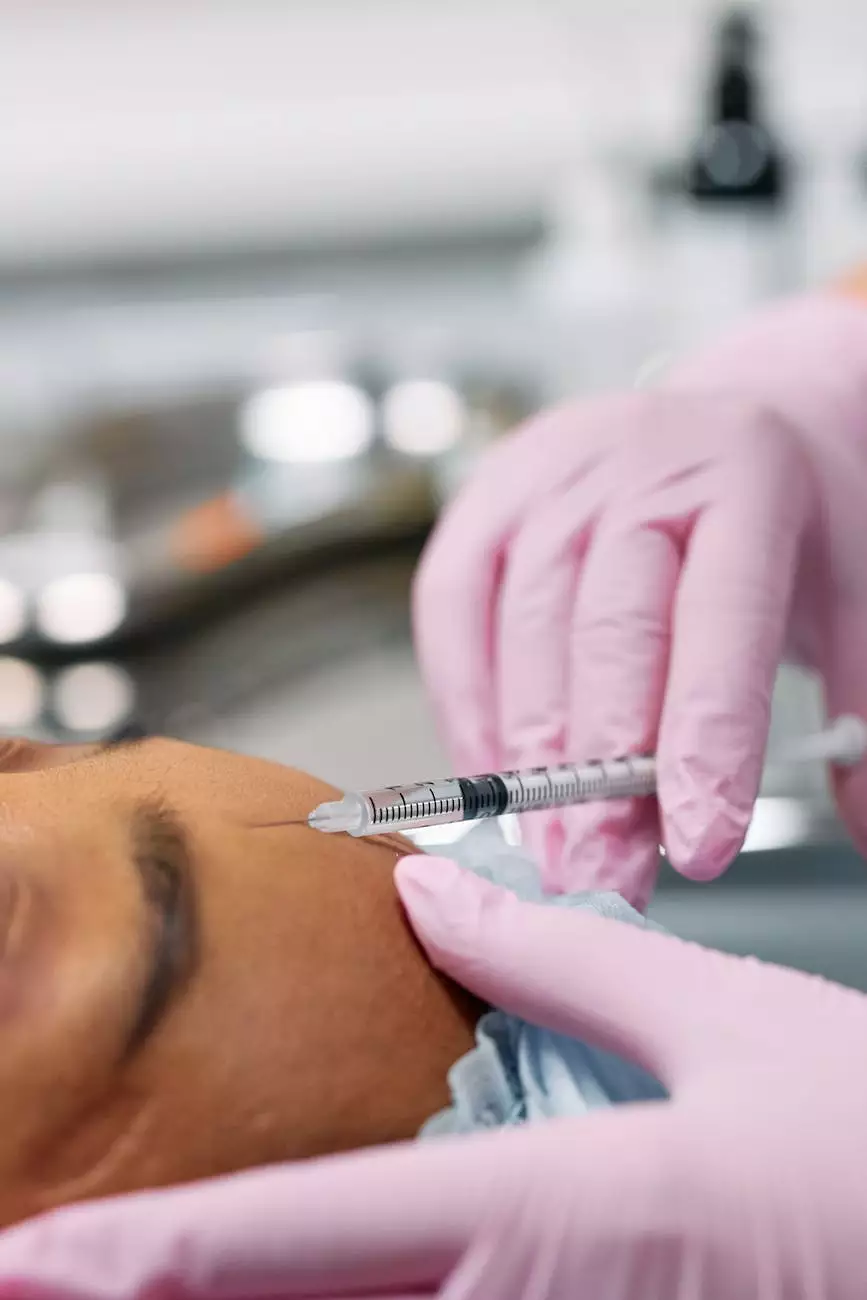HIV Info - Everything You Need to Know about HIV
Our Facility
Welcome to Social Service of America, your trusted source for information on HIV, its causes, symptoms, prevention, and treatment. As a leading philanthropic organization focusing on community and society, we are dedicated to providing comprehensive and accurate information to help individuals understand and navigate the complex world of HIV.
Understanding HIV
HIV, which stands for Human Immunodeficiency Virus, is a global health concern affecting millions of people worldwide. It is a virus that attacks the immune system, specifically the CD4 cells, known as T cells, which are crucial in the body's defense against infections and diseases.
HIV can be transmitted through various routes, including unprotected sexual intercourse, sharing needles or syringes, mother-to-child transmission during childbirth or breastfeeding, and blood transfusions. It is essential to have a clear understanding of how HIV spreads to take necessary precautions and reduce the risk of infection.
HIV Symptoms
Identifying the symptoms of HIV early on can be crucial in managing the virus effectively. It is important to note that the symptoms of HIV can vary from person to person, and some individuals may not experience any symptoms at all.
Common early symptoms of HIV infection may include:
- Flu-like symptoms such as fever, fatigue, and body aches
- Rash on the skin
- Sore throat
- Swollen lymph nodes
If you suspect you may have been exposed to HIV or are experiencing any of these symptoms, it is highly recommended to get tested for HIV as soon as possible. Early diagnosis can help in starting appropriate treatment and improving long-term health outcomes.
Preventing HIV
Prevention is key when it comes to HIV. Social Service of America is dedicated to promoting HIV prevention strategies to reduce the number of new infections and support those living with the virus. Here are some important prevention methods:
1. Safe sexual practices:
Practicing safe sex is essential to prevent the transmission of HIV. Always use condoms correctly and consistently, especially if you are engaging in sexual activity with a new partner or someone whose HIV status is unknown.
2. HIV testing and counseling:
Regular HIV testing is crucial, especially if you engage in behaviors that may put you at risk. Testing allows for early detection and prompt treatment, as well as minimizing the risk of transmitting the virus to others. Counselling services are also available to provide support, education, and guidance.
3. Needle and syringe exchange programs:
If you use injection drugs, it's important to access sterile needles and syringes from reliable sources to prevent HIV transmission. Needle and syringe exchange programs provide clean equipment and additional support services.
4. Pre-exposure prophylaxis (PrEP):
PrEP is a medication taken daily by individuals who are at high risk of contracting HIV. It can significantly reduce the risk of infection when taken consistently as prescribed.
5. Post-exposure prophylaxis (PEP):
PEP is a treatment given to individuals shortly after potential exposure to HIV, such as through unprotected sex or a needle stick injury. It can help prevent the virus from establishing a permanent infection.
Treating HIV
While there is currently no cure for HIV, significant advancements have been made in antiretroviral therapy (ART) that can effectively manage the virus and allow individuals with HIV to live long and healthy lives. ART involves taking a combination of medications that target different stages of the HIV lifecycle.
Antiretroviral therapy offers several benefits, including:
- Reducing HIV-related complications and illnesses
- Preventing the transmission of HIV
- Increasing CD4 cell count
- Improving overall quality of life
It is crucial for individuals living with HIV to adhere to their prescribed treatment regimen and work closely with their healthcare providers to monitor their health and manage potential side effects.
Conclusion
Social Service of America is dedicated to providing comprehensive, accurate, and reliable information about HIV. Our HIV Info page is designed to equip individuals with the knowledge needed to understand HIV, its symptoms, prevention methods, and available treatment options.
Remember, knowledge is power when it comes to HIV. Stay informed, get tested, practice safe sex, and help raise awareness to create a world where HIV is no longer a global health concern.










